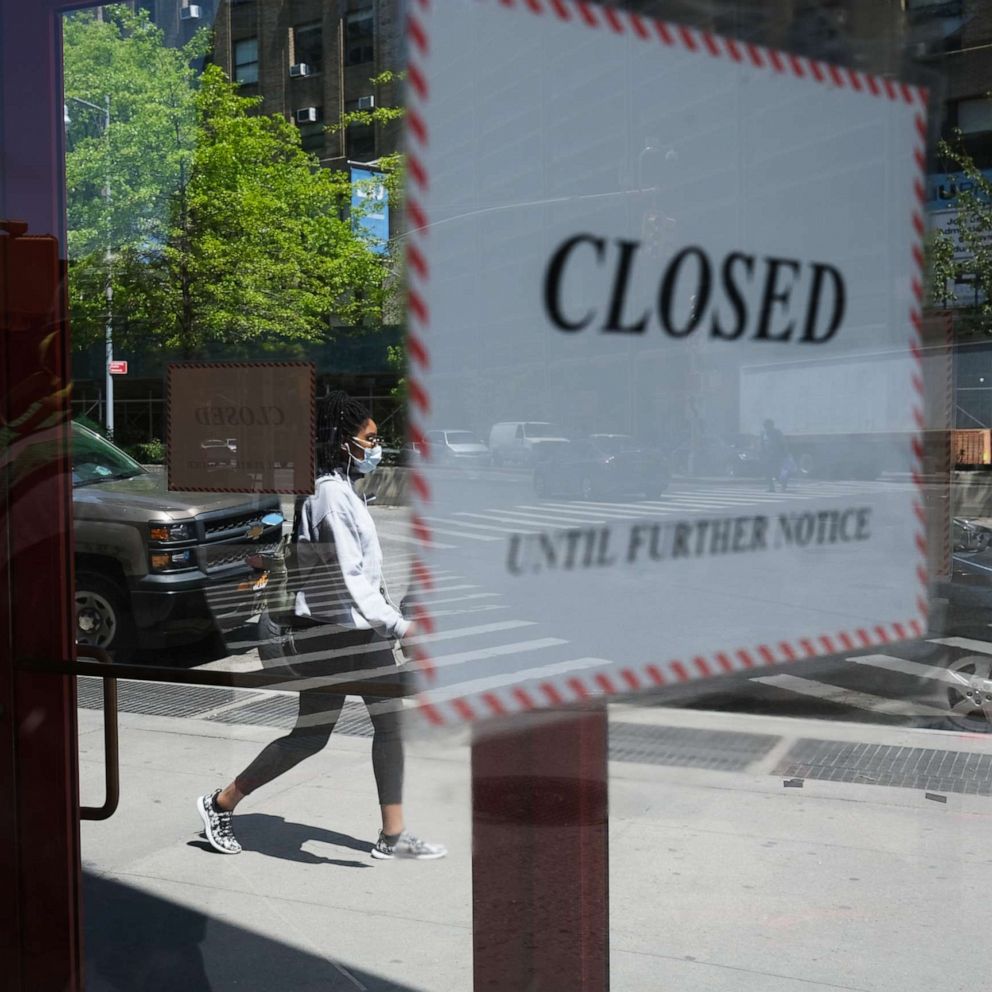As JC Penney files Chapter 11, bankruptcy not necessarily the end for some retailers
Chapter 11 could be a lifeline for retailers aiming to keep stores open.
J.C. Penney is the latest company to declare bankruptcy.
The retailer filed for Chapter 11 bankruptcy on Friday, just one day after it made an approximately $17 million interest payment. The payment, due on May 7, was paid within a one-week grace period and before entering default.
The company later said in a statement it had entered into a plan "expected to reduce several billion dollars of indebtedness, provide increased financial flexibility to help navigate through the Coronavirus (COVID-19) pandemic, and better position JCPenney for the long-term."
Before filing for bankruptcy, J.C. Penney stated in documents filed Friday that it took the grace period to pay the interest payment in order to evaluate "certain strategic alternatives, none of which have been implemented and which continue to be considered."
J.C. Penney joins the ranks of several other major retailers that have fallen victim to the novel coronavirus pandemic's economic fallout, including Neiman Marcus and J. Crew, as it files for Chapter 11 bankruptcy.
"When a company files for bankruptcy, it's because it made promises it can't keep," said Jared Ellias, a professor of law and the director of the Center for Business Law at University of California, Hastings College. "Usually when you have a big retailer like Neiman Marcus, the promises they can't keep are the ones they made to lenders that loaned the money, to landlords who give them space that they haven't been able to use effectively and sometimes suppliers that they order clothes from that they haven't been able to sell."
Companies will have to determine whether the business model for retail stores is dead or if there's a temporary issue causing the industry trouble that can be fixed, said Edward Janger, professor of law and associate dean for faculty research and scholarship at Brooklyn Law School.
"If the answer is it's something temporary that has happened that we can fix, then what we try to do is get the creditors all together in a room and basically negotiate a deal, under which we structure the debt, but so that the company emerges and is able to function in the new environment," Janger said.
Chapter 11 is the most popular bankruptcy code statute filed by large companies and big retailers, according to experts, and is a reorganization.
"There are plenty of companies that file for bankruptcy in order to reorganize, which is the primary purpose of Chapter 11 -- to allow a company to reorganize itself, restructure and move forward," said James E. Van Horn, a partner at the law firm of Barnes & Thornburg and a specialist in retail bankruptcy.
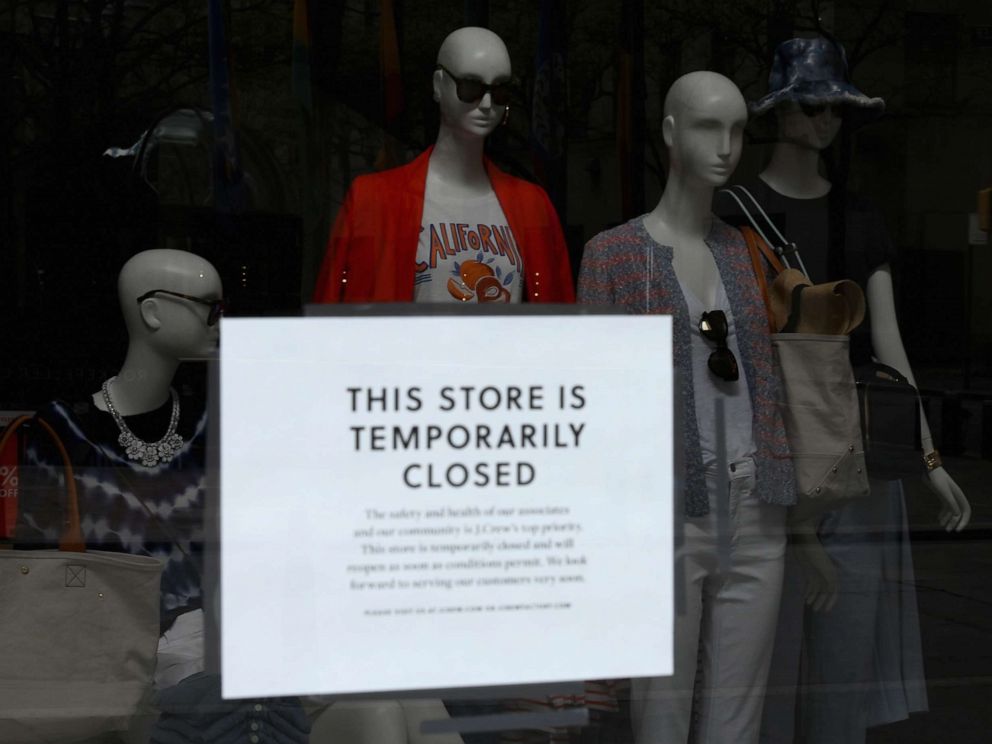
Its alternative, Chapter 7, is a liquidation bankruptcy.
"A company that goes into Chapter 7 will not emerge," said Michael A. Gerber, an adjunct professor at Columbia Law School and contributing author of "Collier on Bankruptcy," the leading treatise on bankruptcy law.
During Chapter 11, retail stores can remain open, since the code allows the use, sale or lease of property estate while they are an operating business, said Gerber. They can also still sell and buy merchandise and pay employees and operating expenses.
Experts say restructuring can often have downsides for retailers, such as much fewer stores and employees. Still, the upside of bankruptcy for companies are plenty.
"There's a number of benefits, believe it or not, to go bankrupt," said Edward Altman, professor emeritus at New York University Stern School of Business.
One benefit, Altman said, is companies can renegotiate their leases more easily than pre-bankruptcy. They can emerge from negotiations with cheaper leasing fees and off the hook from leases on their underperforming stores.
"Neiman Marcus could say, 'OK, I want to close 200 of my stores ... and we owe money for the next year to lease those properties,'" Altman said. "Well, they go to [the lessors] and say, 'Listen, this is what we're offering you, 50 cents on the dollar. Take it. Otherwise, we're going to go bankrupt and you're going to get nothing or very little.' And so you have much more leverage, so to speak, in a bankruptcy."
Another benefit, according to experts, is that companies tend to be more successful negotiating with creditors during bankruptcy.
"It could be the case that a retailer needs the tools of bankruptcy law to really reduce debt," Ellias said. "You can force a deal on your landlords and creditors, even over their objection, if the bankruptcy judge finds that their basic rights were respected."
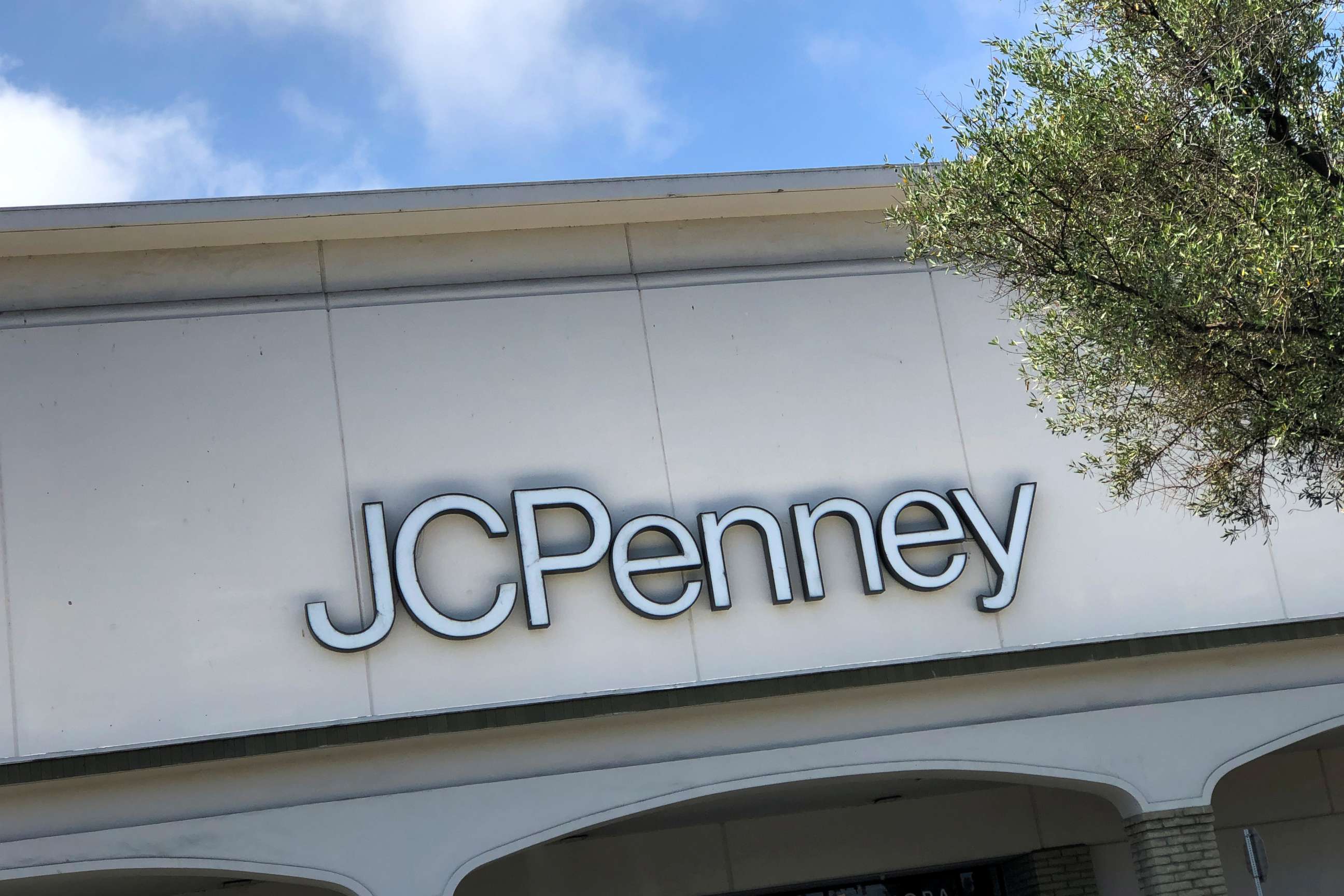
The negotiation remains ongoing between the retailer and their creditors during a bankruptcy filing, but bankruptcy judges also get a say.
"In general, what bankruptcy judges tend to try to do, especially during recessionary time, is they try to save as many companies as they possibly can. So bankruptcy judges typically have one vote cast for: Let's try to keep this thing open," Ellias said.
But not all companies can survive bankruptcy. Toys R Us filed for Chapter 11 bankruptcy in October 2017, but in 2018 shuttered all its stores in the United States.
"The trouble they had is they didn't have a lot of value left in their brand. They had an iconic brand. They had a lot of stores. They had a number of great employees. But fundamentally, people were buying toys online and they no longer had a working business model. And that was the end of Toys R US," Ellias said.
During bankruptcy, companies like Toys R Us may find that business cannot be sustained for other reasons.
"What they find is that when they do attempt to reorganize the company, it's just too far gone. They've lost market share; they have to close a lot of stores anyway. Competition from Walmart and Amazon, etc., is making life much more difficult. And so they end up failing to restructure," Altman said.
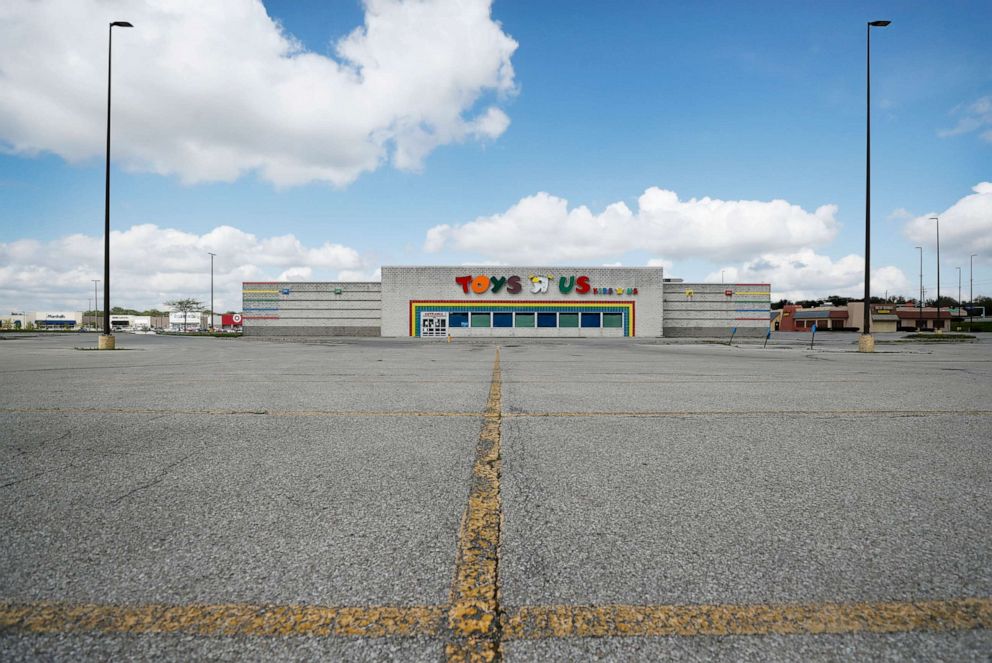
One major retailer that could rebound: J. Crew.
"There was a huge vote of confidence from J. Crew lenders who clearly think that J. Crew is a business with a bright future once this bankruptcy ends," Ellias said.
More companies expected to file for bankruptcy
Experts told ABC News they expect a large number of bankruptcies and defaults over the next two years. Two industries of concern for experts are energy companies and retailers, both of which were in distress before the pandemic.
"For companies or industries that were already in distress, coronavirus clearly has been the tipping point for many of them, and there will certainly be many more," Van Horn said. "When entire businesses are generally deemed to be nonessential, and not being allowed to be open, there's only so much cost cutting that can be done."
Another nonessential industry at risk of going under is cruise lines, according to Altman. Money-wise cruise ships will need refinancings, but a larger concern for Altman is whether there will be subsequent waves of the virus globally once cruises begin sailing again.
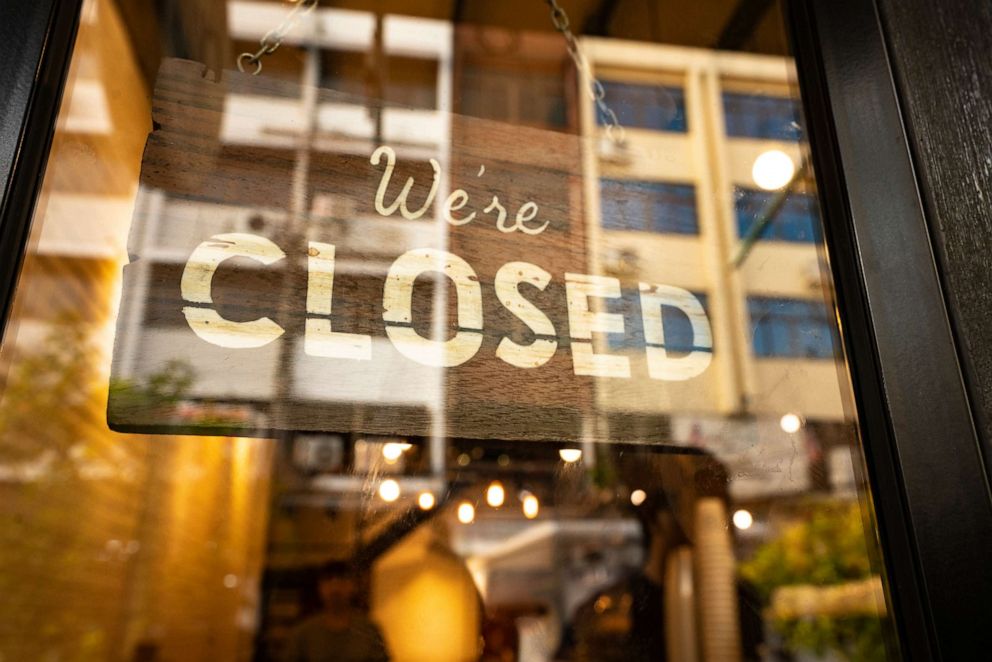
"[If] they start operating again and then the ships run into trouble and it happens again, a lot of them are toast," said Altman.
Consumer behavior will factor strongly into which companies across many industries file for bankruptcy, Van Horn said. The hardest-hit industries will likely be ones that provide services to large numbers of consumers in confined spaces, such as theme parks, shopping malls, movie theaters, fitness centers and concerts, he added.
"It's going to probably be all these companies' worst summer season ever, and just mathematically it's just not possible for all of them to survive," Van Horn said.
ABC News' Taylor Dunn contributed to this report.
